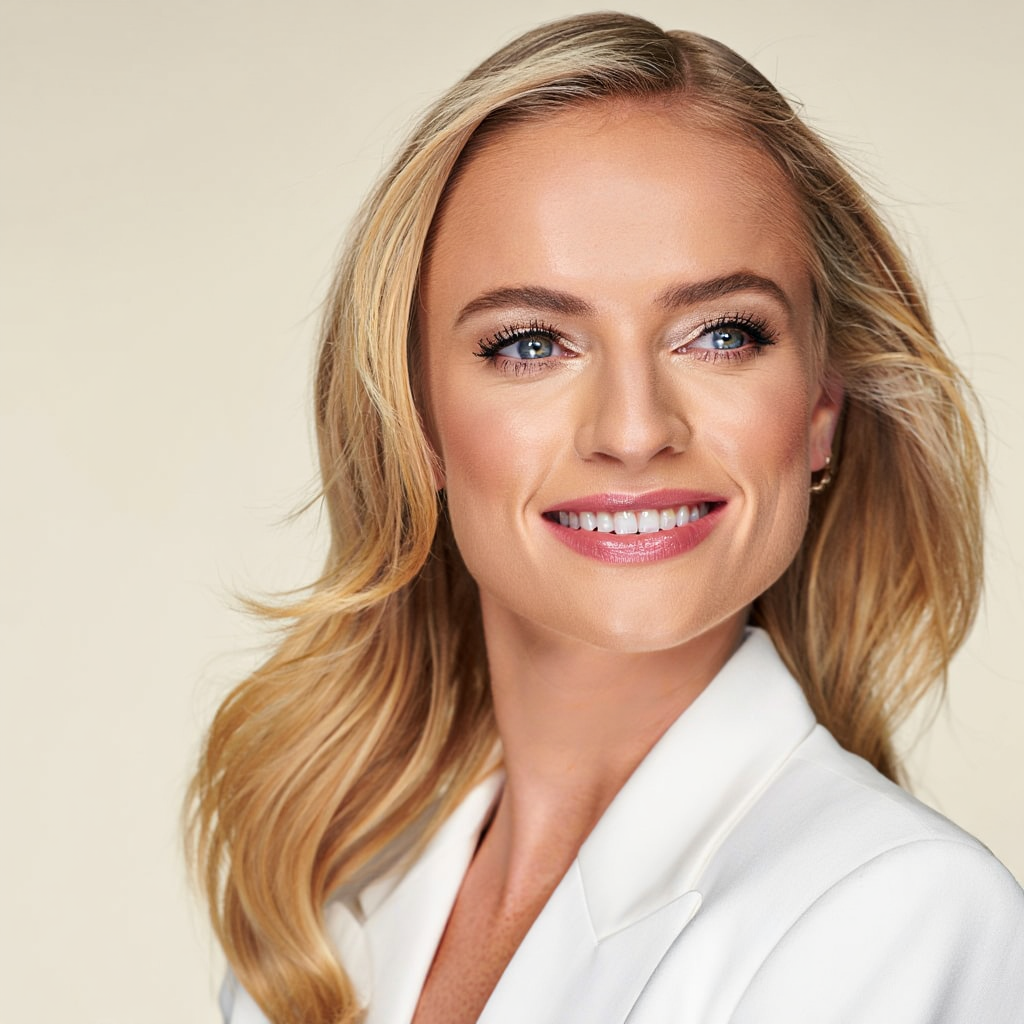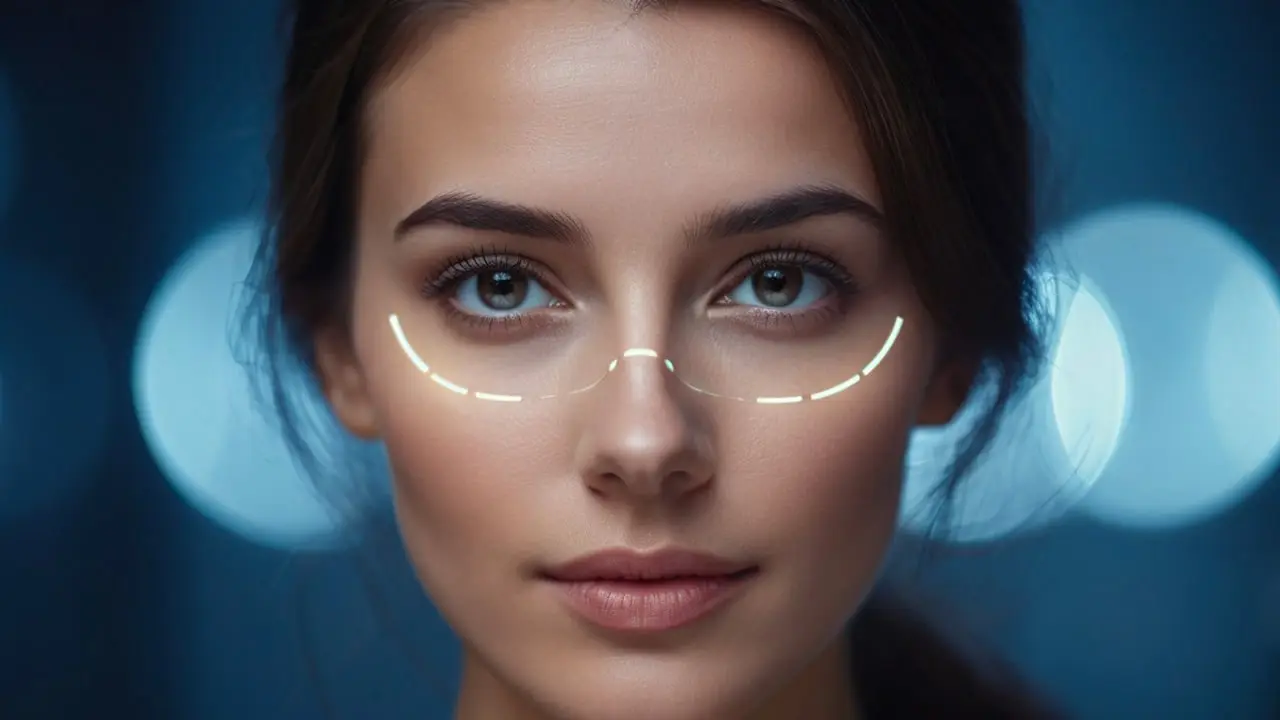Beauty tech is revolutionizing self-expression. A fast-growing industry that has become essential for beauty brands as consumers demand greater transparency, inclusion, and tailored analysis of ingredients, Hama Beauty takes an innovative approach to personalized beauty products. Kandemiri’s platform pairs customers with existing products instead of creating custom items specifically for them.
1. AI
Artificial intelligence is revolutionizing beauty technology, offering personalized skincare solutions and virtual make-up trials. Smart mirrors such as HiMirror analyze skin conditions to provide real-time advice; other solutions, like L’Oreal’s Perso app, work over time to optimize product recommendations to achieve maximum results.
Generative AI is also making waves in beauty tech by helping brands develop eco-conscious products. Cydolia’s 3D skin simulation technology allowed Lancome to test its Genifique Ultimate serum without creating actual human subjects – providing data-backed proof that its formula worked to both improve skin health and reduce waste.
2. Smart Mirrors
Smart mirrors are revolutionizing the beauty experience. From skincare analysis to virtual makeup try-ons, their sleek designs enhance any space and seamlessly integrate with existing smart home technologies. Integrated video chat and social media apps allow consumers to stay in contact with friends, family, and coworkers while getting ready. Smart mirrors may also be used to control other connected devices like lights and thermostats.
Smart beauty mirrors rely heavily on technology for proper functioning; therefore, in the event of a power outage or connectivity disruption, their smart features could become inoperable, as well as collect private data without consumer consent.
3. Metaverse
The Metaverse allows users to create avatars of themselves and experiment with makeup looks, hair colors, and skincare routines virtually. Beauty brands such as YouCam Tutorials and Banuba already utilize this technology so their consumers can try out various makeup styles before purchasing real-life products.
Technology allows beauty brands to collect and analyze customer data in order to offer hyper-customized experiences for customers. L’Oreal’s Perso device, for instance, utilizes user input on skin conditions and environmental factors in order to formulate custom products that eliminate trial-and-error processes while saving customers both time and effort.
4. 3D-Printed Makeup
3D printing offers beauty companies an unprecedented opportunity to personalize products for each consumer – not only does this impact brand profits, but it can be particularly helpful for people suffering from burn injuries who require special skincare solutions.
3D printing technology enables companies to easily make prototypes of packaging, applicators, and devices for accurate testing and evaluation before production begins. This can greatly decrease costs and timelines. Neutrogena has already recognized the power of 3D printing by creating an anti-aging mask designed to fit every skin type – just download an app, scan your face, and print a mask made just for you!
5. Hair Strand Analysis
Beauty brands are increasingly harnessing customer data to deliver highly tailored experiences for their customers. Proven Skincare analyzes product reviews and online interactions from its customers in order to develop personalized skincare products, while Function of Beauty uses similar data for creating custom haircare solutions.
Consumers crave beauty products that reflect their individual identities, such as celebrating race, culture, and gender identification in addition to physical limitations. Fenty Beauty has made diversity an essential principle of their brand, while Mielle Organics has developed products specifically tailored to the needs of those with curly and coily locks. As brands expand inclusion initiatives even further by designing adaptive products tailored specifically for elderly consumers living with visual impairment and dexterity issues, this trend will only intensify.
6. Embracing Inclusion
Personalized beauty tech makes high-quality makeup and skincare more accessible for a wider audience. Virtual consultations and smart devices democratize beauty by eliminating trial-and-error and producing superior results. Innovative beauty brands place great emphasis on inclusivity. Brands that embrace diversity often enjoy larger customer bases and increased sales and profitability.
Perfect Corp.’s YouCam beauty apps use AR and AI technologies to enable consumers to experiment with makeup colors while receiving personalized recommendations based on skin analysis and past purchases. Furthermore, their metaverse technology uses real-world images of customers to provide hyper-personalized recommendations – helping reduce product returns while simultaneously elevating customer experiences.
7. Artificial Intelligence-Powered Analysis
Beauty tech solutions that leverage AI provide ultra-precise skin analysis and personalized skincare recommendations. For instance, the HiMirror smart mirror analyzes skin color and texture to detect acne and suggest products. Lancôme decodes skin markers to provide comprehensive diagnostic analysis as well as tailored skincare routines.
As well, the rising trend of eco-conscious products like “clean beauty” is sparking innovations to make beauty more environmentally friendly, including cutting waste and using less controversial ingredients, as well as tools like blockchain that ensure transparency with regards to ingredient sourcing. Other sustainable trends include smart and refillable packaging as well as 3D printing technology.
8. Smart Makeup
No matter their experience or ability level, beauty tech allows users to practice and perfect their techniques at their own pace, making cosmetics and skincare accessible for people of all ages and abilities.
Smart makeup also helps brands reduce product waste by eliminating single-use samples. Instead, customers can safely test products digitally in a safe and hygienic environment — for instance, with Estée Lauder’s Augmented Reality Virtual Makeup Mirror or Perfect Corp.’s Virtual Product Demo Web Module used by many global brands such as Estée Lauder or Perfect Corp.
9. Smart Skincare
Beauty tech innovations that combine data and artificial intelligence can transform skincare to make it tailored and effective. Smart mirrors such as HiMirror provide real-time skin analysis to tailor products based on individual needs, and Cydolia uses 3D skin mapping technology to analyze skin health before providing targeted recommendations for treatments.
Virtual makeup try-ons and online beauty tutorials make experimenting with new styles easier than ever before. Companies such as ModiFace and YouCam Makeup allow users to digitally try on various looks while receiving product recommendations based on their skin type and preferences.
Beauty technology is revolutionizing the industry by making personalized skincare more accessible to consumers, but brands must ensure their innovations balance with sustainable practices and regulatory compliance.

Pini Sharma is a health and beauty writer who wants to change the way people think about beauty by making it more open and innovative. Pini writes about the latest beauty technology and shares expert makeup tips at savepini.com. She has also spoken out about body positivity in a new and powerful way. Her goal is for everyone to feel good about themselves and express themselves freely.

